
Relationship Scam Self-Assessment Test
Are You In A Scam?
A self-assessment test designed for individuals who suspect that they may be involved in a relationship or romance scam:
Instructions:
Reflect on your current relationship and read each statement carefully. Use the following scale to rate your responses:
1 – Strongly Disagree
2 – Disagree
3 – Neutral
4 – Agree
5 – Strongly Agree
Self-Assessment Test: Recognizing Potential Relationship Scams
Scoring Your Self-Assessment:
Add up your scores for each statement.
- 20-40: Low likelihood of being in a scam. Your relationship shows few signs of common scam tactics, but remain vigilant and trust your instincts.
- 41-60: Moderate likelihood of being in a scam. Some behaviors suggest caution. It may be beneficial to evaluate the relationship more critically.
- 61-80: High likelihood of being in a scam. Many signs point to potential deception. Consider seeking advice from trusted friends, family, or professionals.
- 81-100: Very high likelihood of being in a scam. Strong indicators of fraudulent behavior. It is highly recommended to reassess the relationship immediately and seek help from the SCARS Institute – visit support.AgainstScams.org for assistance now.
Reflection:
Regardless of your score, it’s important to remain critical and aware of the signs of relationship scams. If you have any doubts or concerns, consider talking to someone you trust or consulting a professional scam victim’s support provider for advice such as SCARS Institute. Being aware and proactive can help protect you from more emotional and financial harm.
Find a counselor or therapist here: counseling.AgainstScams.org
Relationship Scam Self-Assessment Test Copyright © 2024 SCARS
IMPORTANT NOTE: This article is intended to be an introductory overview of complex psychological, neurological, physiological, or other concepts, written primarily to help victims of crime understand the wide-ranging actual or potential effects of psychological trauma they may be experiencing. The goal is to provide clarity and validation for the confusing and often overwhelming symptoms that can follow a traumatic event. It is critical to understand that this content is for informational purposes only and does not constitute or is not a substitute for professional medical advice, diagnosis, or treatment. If you are experiencing distress or believe you are suffering from trauma or its effects, it is essential to consult with a qualified mental health professional for personalized care and support.

Welcome to the SCARS INSTITUTE Journal of Scam Psychology
A Journal of Applied Scam, Fraud, and Cybercrime Psychology – and Allied Sciences
A dedicated site for psychology, victimology, criminology, applied sociology and anthropology, and allied sciences, published by the SCARS INSTITUTE™ – Society of Citizens Against Relationship Scams Inc.
TABLE OF CONTENTS
A Question of Trust
At the SCARS Institute, we invite you to do your own research on the topics we speak about and publish, Our team investigates the subject being discussed, especially when it comes to understanding the scam victims-survivors experience. You can do Google searches but in many cases, you will have to wade through scientific papers and studies. However, remember that biases and perspectives matter and influence the outcome. Regardless, we encourage you to explore these topics as thoroughly as you can for your own awareness.
Please Leave A Comment
Recent Comments
On Other Articles
[better_recent_comments number=”5″ format=”{avatar} on {post}: “{comment}” {date}” avatar_size=”20″]
A Note About Labeling!
We often use the term ‘scam victim’ in our articles, but this is a convenience to help those searching for information in search engines like Google. It is just a convenience and has no deeper meaning. If you have come through such an experience, YOU are a Survivor! It was not your fault. You are not alone! Axios!
Statement About Victim Blaming
Some of our articles discuss various aspects of victims. This is both about better understanding victims (the science of victimology) and their behaviors and psychology. This helps us to educate victims/survivors about why these crimes happened and to not blame themselves, better develop recovery programs, and to help victims avoid scams in the future. At times this may sound like blaming the victim, but it does not blame scam victims, we are simply explaining the hows and whys of the experience victims have.
These articles, about the Psychology of Scams or Victim Psychology – meaning that all humans have psychological or cognitive characteristics in common that can either be exploited or work against us – help us all to understand the unique challenges victims face before, during, and after scams, fraud, or cybercrimes. These sometimes talk about some of the vulnerabilities the scammers exploit. Victims rarely have control of them or are even aware of them, until something like a scam happens and then they can learn how their mind works and how to overcome these mechanisms.
Articles like these help victims and others understand these processes and how to help prevent them from being exploited again or to help them recover more easily by understanding their post-scam behaviors. Learn more about the Psychology of Scams at www.ScamPsychology.org
Psychology Disclaimer:
All articles about psychology, neurology, and the human brain on this website are for information & education only
The information provided in these articles is intended for educational and self-help purposes only and should not be construed as a substitute for professional therapy or counseling.
While any self-help techniques outlined herein may be beneficial for scam victims seeking to recover from their experience and move towards recovery, it is important to consult with a qualified mental health professional before initiating any course of action. Each individual’s experience and needs are unique, and what works for one person may not be suitable for another.
Additionally, any approach may not be appropriate for individuals with certain pre-existing mental health conditions or trauma histories. It is advisable to seek guidance from a licensed therapist or counselor who can provide personalized support, guidance, and treatment tailored to your specific needs.
If you are experiencing significant distress or emotional difficulties related to a scam or other traumatic event, please consult your doctor or mental health provider for appropriate care and support.
Also, please read our SCARS Institute Statement About Professional Care for Scam Victims – here
If you are in crisis, feeling desperate, or in despair please call 988 or your local crisis hotline.
SCARS Institute Resources:
- If you are a victim of scams go to www.ScamVictimsSupport.org for real knowledge and help
- Enroll in SCARS Scam Survivor’s School now at www.SCARSeducation.org
- To report criminals visit https://reporting.AgainstScams.org – we will NEVER give your data to money recovery companies like some do!
- Sign up for our free support & recovery help by https://support.AgainstScams.org
- Follow us and Find our podcasts, webinars, and helpful videos on YouTube: https://www.youtube.com/@RomancescamsNowcom
- SCARS Institute Songs for Victim-Survivors: https://www.youtube.com/playlist…
- See SCARS Institute Scam Victim Self-Help Books at https://shop.AgainstScams.org
- Learn about the Psychology of Scams at www.ScamPsychology.org
- Dig deeper into the reality of scams, fraud, and cybercrime at www.ScamsNOW.com and www.RomanceScamsNOW.com
- Scam Survivor’s Stories: www.ScamSurvivorStories.org
- For Scam Victim Advocates visit www.ScamVictimsAdvocates.org
- See more scammer photos on www.ScammerPhotos.com


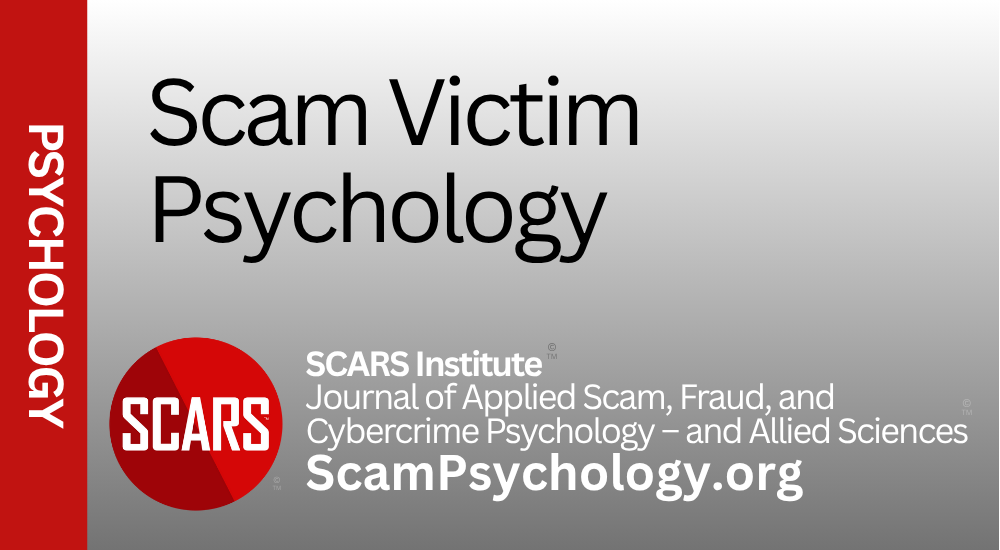
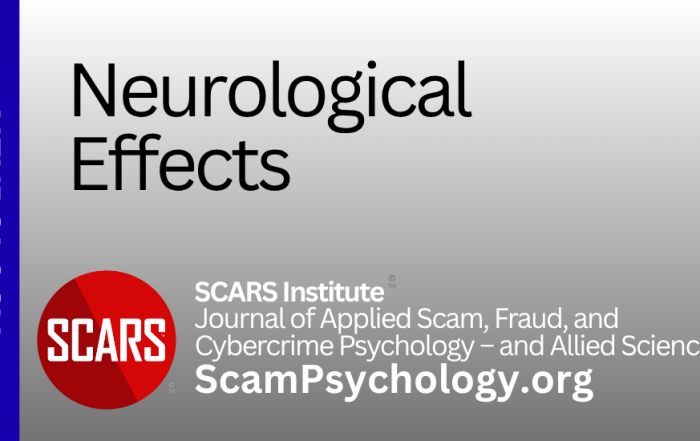

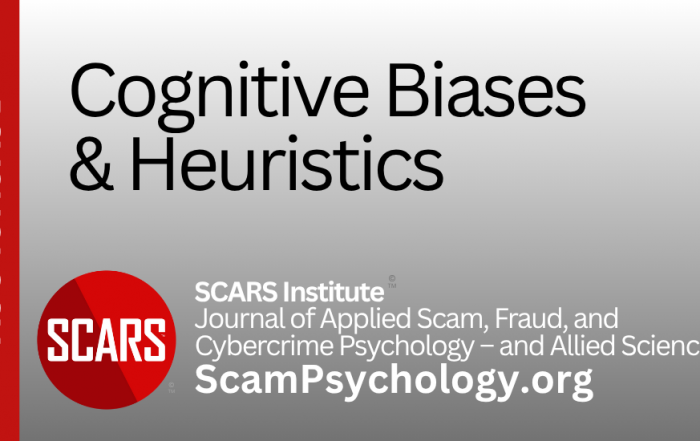
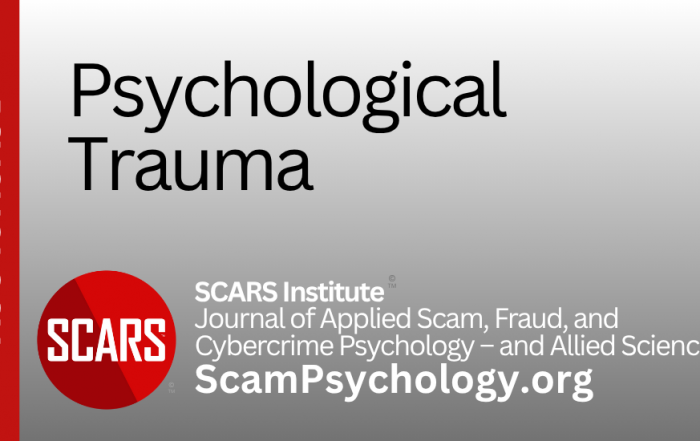
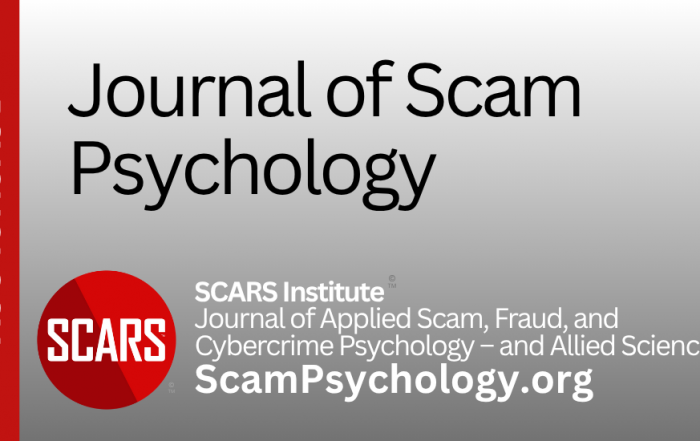
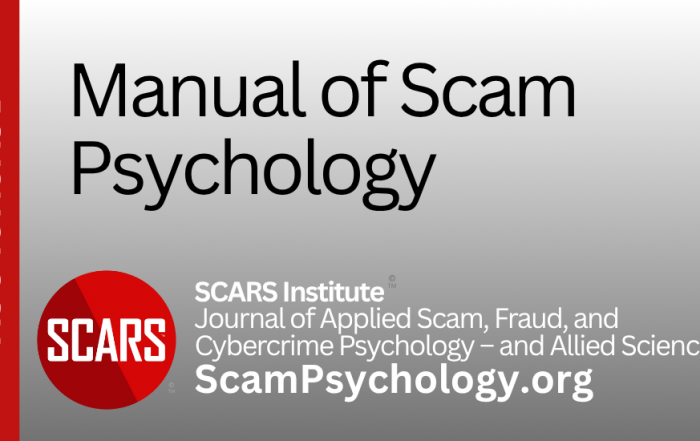

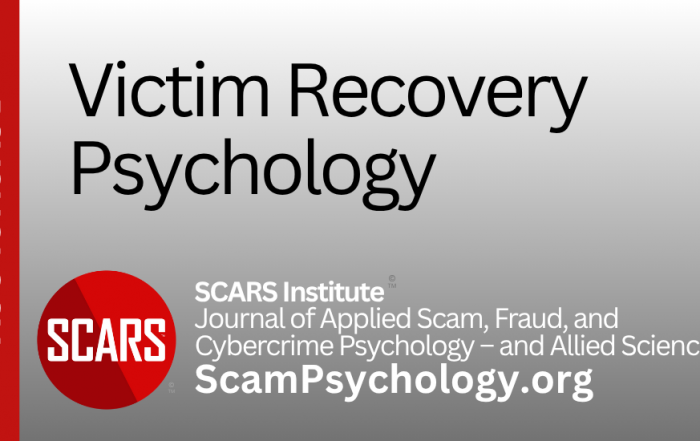
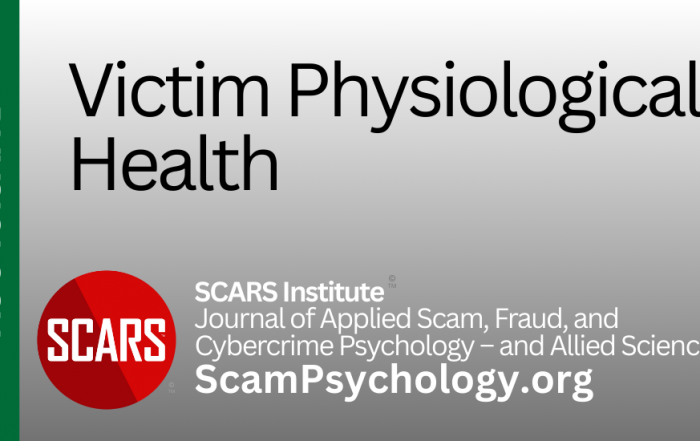

![niprc1.png1_-150×1501-11[1]](https://scampsychology.org/wp-content/uploads/2025/05/niprc1.png1_-150x1501-111.webp)